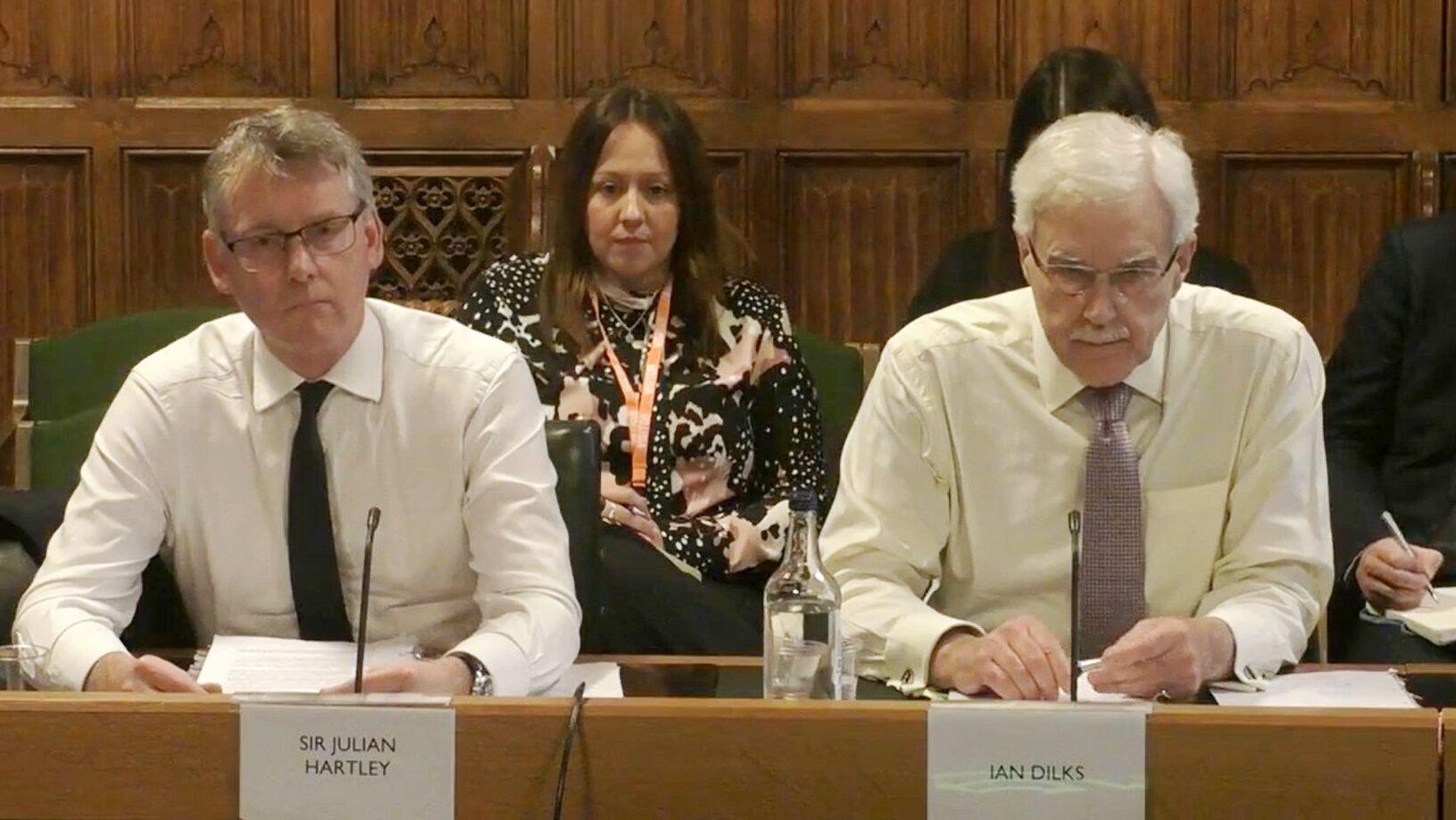Time to rethink on-call duties in the NHS
Many managers feel the NHS’s emergency duty regime is arbitrary and unprofessional. But demands are growing for employers to reform an increasingly broken system.

Being on-call is a fact of working life for many NHS managers. Trusts, CCGs and the regional outposts of NHS England all place managers on rotas which mean they can be called into work at a moment’s notice to help deal with emergencies at night or on weekends. These can be major disasters like the Manchester terrorist attacks or the Grenfell fire, or more everyday crises such as A&E being full up, outbreaks of C-Diff, road accidents or serious staff shortages.
But there are few hard and fast rules on how on-call duties are assigned and most employers make little attempt to agree terms and conditions with unions locally – or even to consult with staff. In recent months, MiP has seen an sharp increase in complaints from managers about how the emergency regime operates, and the arbitrary and unfair way in which people are placed on-call.
For many managers, on-call duty is a serious additional burden that can have a big impact on family and social life – as well as a detrimental effect on their efficiency in the day job. In some busy trusts, managers can find themselves on-call for one weekend in every three.
As one manager explains: “When you’re the on-call, you can’t travel far from the office, you can’t go away for the weekend, you can’t have a drink or do things with your kids. And if you’re a single parent, you have to arrange childcare just in case you get called in.”
“Work-life balance is a joke” says another manager who works on-call. “After another unforgiving week, you have a 24-hour period of on-call – within an organisation where you will be in trouble if you make what they see as a duff decision.”
Lack of training & support
The serious disruption to personal and working lives is compounded by what many managers see as lack of training and proper support for people providing what is, after all, a crucial public service.
For example, many feel they are being asked to make what are, in effect, medical decisions. One manager explains: “The bed manager calls and says, ‘I have x, y and z cases in A&E, I have no Resus, no ICU beds and all the wards are full. I have a, b and c cases coming in – what should I do?’ The manager on call has no idea of how unwell these patients are. Even if there’s no more capacity in local hospitals, they will not be told to close the department.
“This often happens in the dead of night when you can’t really call anyone for advice,” he adds. “The idea that the clinical staff on site will either be able to advise or be willing to help is often inaccurate for various reasons.”
Most trusts operate a two-tier system for emergency cover, with a “first on-call” manager supposedly supported and advised by a more senior “executive on-call”. In practice, the managers we spoke to said they got little support from senior colleagues. “I’ve been told, ‘you know much more about this than I do, you decide’,” one manager says. “Very few have current or even recent operational experience and they will very often off-load the problem back onto the first on-call.
“Some executives are less than helpful and seriously annoyed to be called – having to call for advice is not simple,” he adds. “I’ve even been told that the job of the first on-call is to protect the exec from having to take calls.”
Working with clinicians
Many managers feel there is a particular need for better support from clinicians, especially medical consultants. “There needs to be hard and fast rules,” said one manager. “If a junior goes sick and a locum is not found then the consultant must ‘act down’. Arguments at 9pm on a Friday night are exhausting and dangerous – and this could easily be avoided.”
He calls for employers to rota two “first on-calls” at the same time – one a clinician, the other a manager – to give each other moral support and make better use of each other’s expertise. He also suggests staff on the rota should to be given blocks of time off – perhaps three months a year in which they wouldn’t be on-call.
The requirement to maintain on-call emergency cover is laid down in the 2004 Civil Contingencies Act and (in England at least) in mandatory guidance from NHS England. But how on-call is implemented within organisations is supposed to be a matter for local negotiation.
“Just because it’s the law that you have to have on-call cover doesn’t mean that employers can unilaterally breach contracts or agreed terms and conditions,” says MiP national officer Jo Spear, who is representing several members with disputes over emergency cover duty.
“Too often, everything gets presented as a fait accomplit. People are told, ‘we have to do it, your name’s on the list, off you go’. In fact, Agenda for Change is quite clear that there needs to be a process of negotiation about who’s on the rota and how the rota is run, and that it should be locally determined.”
Agreeing reforms locally
Spear says a big problem with many employers is the lack of any criteria for selecting people for on-call duty or for who should be exempt. “Without agreed exemptions or criteria, no one can ever win an appeal against being put on-call,” she explains. “You can’t argue that I can’t go on the rota because I’m a single parent, I’m disabled, my mum’s ill, or I already live 30 miles from the office, because, without agreed exemptions, every appeal will fail.”
Spear warns it’s not acceptable for trusts – which are understandably anxious to implement on-call arrangements swiftly – to impose rotas and promise to consult with local trade unions later. “Once you’re on the rota, most people find it impossible to get off it,” she says.
With NHS England preparing to overhaul its emergency preparedness regime in the wake of recent terrorist attacks, Spear says there is a danger that another set of rules “will be passed down as a diktat from NHS England” to trusts and CCGs without discussion with staff or unions at either national or local level.
Most managers we spoke to thought on-call duty should be professionalised and given to managers who want to do it, rather than dumped almost randomly on staff whose personal circumstances often make them unsuitable for the job.
“Some people love the drama and thrive on it,” says one senior manager who regularly works on-call. “That’s their skill and talent and it’s a great quality and ability to have. Employ them to do the on-call properly. Give them the responsibility, pay and flexible working conditions to do it as well as they can. There will be greater expertise and continuity and more people will be more content with their situation. Most importantly – it will be safer for patients.”
Related News
-

The inspector falls: why the CQC needs a fresh start
After years of chaos, the Care Quality Commission urgently needs to rebuild trust and credibility with the public and the services it regulates. What needs to change and what are the priorities for new boss Sir Julian Hartley? Alison Moore reports.
-

Voice, value and vision: what analysts need from the NHS
Data analysts play a vital role in an NHS which is increasingly data-driven and focused on public health trends. But the NHS faces fierce competition for skilled analysts and many feel the health service fails to value them or fully use their talents. Alison Moore reports.
-

It ain’t what you do, it’s the way that you do it
The government’s upcoming ten year plan will try yet again to shift the NHS towards community, digital and prevention. The big question is how, writes Craig Ryan. Try honesty, patience, focusing on what matters and empowering staff and local managers—that’s what gets results.